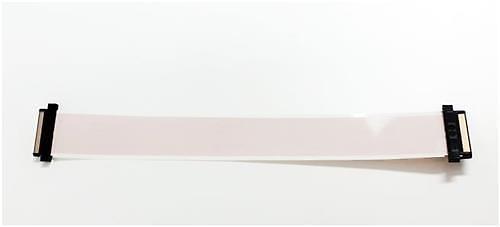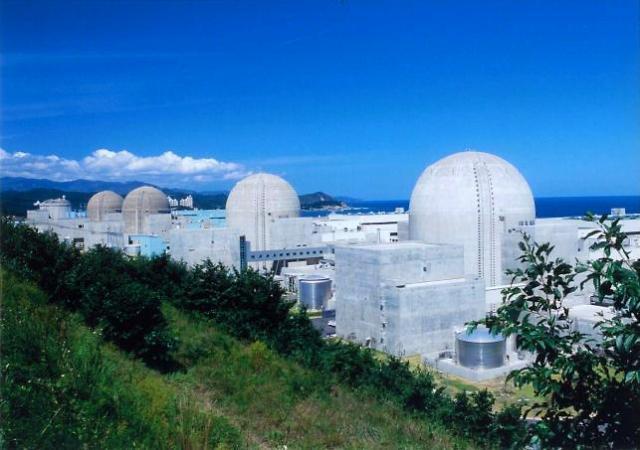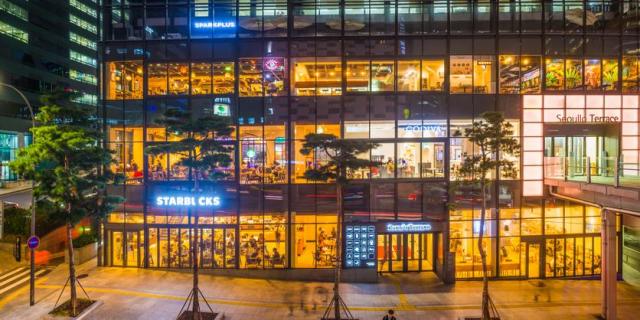
[Courtesy of SKC]
Jinyoung joined hands with a research center of LG Electronics to use PCT films for the commercialization of 5G antenna transmission lines and cladding materials, and they are now conducting tests for mass production next year, Yonhap news agency reported on Wednesday.
Polycyclohexylenedimethylene terephthalate (PCT), a thermoplastic polyester, can replace metals because it has excellent heat resistance and electrical characteristics. PCT circuit boards and connectors can maintain high insulation even when their pins and electrodes are contaminated, reducing possible malfunctions even at a high voltage. PCT is also processed into filaments, fibers and fabrics.
In November last year, SKC, a major producer of chemicals and high function films in South Korea, commercialized a thin and light non-metal cable by using PCT, which was developed by its sister firm, SK Chemicals. Jinyoung provides PCT cables to Kia Motors' electric sport utility vehicle, Niro.
Jinyoung has used PCT films as a substrate for printing metal circuits, Yonhap said. "It is meaningful that we localized antenna materials in 5G markets that are growing rapidly," Jinyoung general director Kim Kyung-do was quoted as saying. He said that PCT shows lower water absorption and lower permittivity than LCP.
Currently, flexible printed circuit board (FPCB) antennas for 5G communications in South Korea use liquid crystal polymer (LCP) films produced by Japanese companies such as Kuraray and Murata. The LCP film itself was not affected by Japan's export restrictions, but LCP materials were included. Because it is suitable for high-speed circuits and high-frequency electronic devices, the LCP film is widely used as a circuit board material.
Jinyoung is also developing flexible printed circuit boards (FPCBs) for electric vehicle batteries that would increase safety by measuring lithium-ion battery pack temperatures and current. The product performs important functions in battery packs for electric and hydrogen fuel cell vehicles.
South Korea has been trying hard to localize key materials since Japan imposed restrictions on July 4 on exports of three key materials for microchips and displays. Tokyo also removed Seoul from a "white" list of trusted trading partners on August 28.
The trade row between Seoul and Tokyo came after South Korea's highest court in October last year acknowledged individual rights to get compensation for Korean workers who were drafted by Japan for forced labor before and during World War II. Tokyo has insisted colonial-era issues were settled in a 1965 agreement that restored diplomatic ties with the payment of $500 million.




